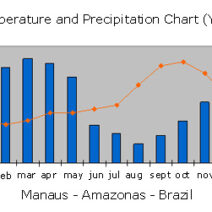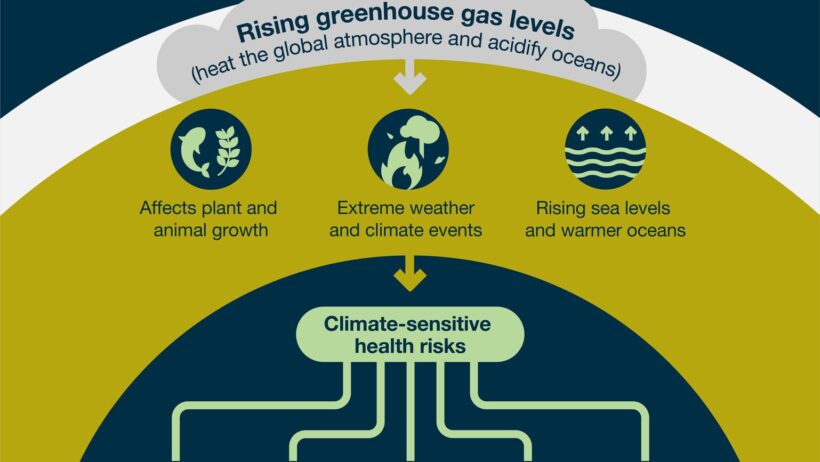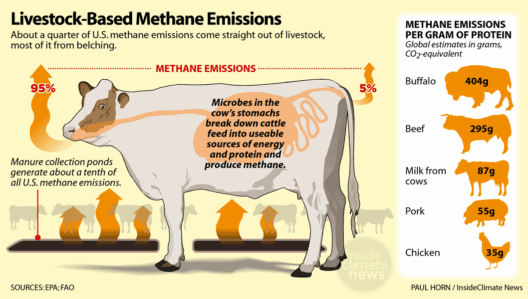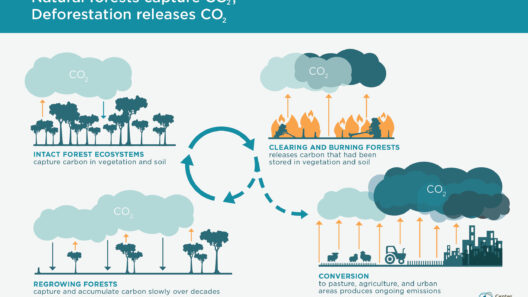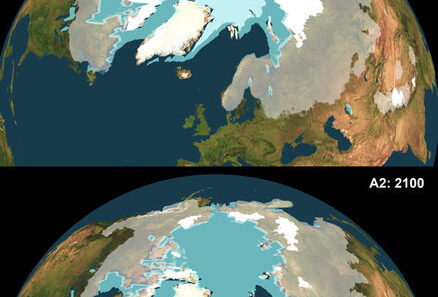Climate change, an omnipresent specter lurking at the fringe of contemporary discourse, is inexorably altering the landscape of human health. The increasing frequency and intensity of heatwaves serve as a harbinger of the myriad repercussions that our warming planet inflicts upon our well-being. This exploration probes the complex interplay between climatic shifts and human health, delineating the pathways through which these changes manifest in our societies.
At the epicenter of this discourse lies the ubiquitous phenomenon of heatwaves. As global temperatures escalate, the human body faces an uphill battle against thermal stress. When temperatures soar to unprecedented heights, the risk of heat-related illnesses escalates markedly. Young children, the elderly, and those with preexisting health conditions are particularly vulnerable. Heat exhaustion and heatstroke are not mere summertime anecdotes; they can lead to severe complications or even fatalities. The temperamental nature of our climate necessitates fortification of public health systems capable of responding to these acute health crises.
Another consequence of climate change is the alteration of disease transmission dynamics. Vector-borne diseases, transmitted through organisms like mosquitoes and ticks, are witnessing a geographical and temporal redistribution. For instance, the expansion of the Aedes aegypti mosquito, a carrier of dengue and Zika viruses, has been documented in regions historically unaccustomed to such threats. Elevated temperatures and erratic precipitation patterns foster optimal breeding conditions for these vectors, thus extending their habitat and increasing human exposure. As such, the interplay between climatic conditions and vector proliferation necessitates vigilant surveillance and adept public health strategies.
Moreover, respiratory ailments stemming from climate change cannot be overlooked. The interplay of rising temperatures and air pollution converges to exacerbate conditions like asthma and chronic obstructive pulmonary disease (COPD). Increased heat amplifies the formation of ground-level ozone, a potent air pollutant. Vulnerable populations, particularly urban dwellers and those residing in industrial areas, face heightened susceptibility to respiratory distress. The intricate web of environmental determinants underscores the necessity for integrated approaches to air quality management in the context of a changing climate.
Waterborne diseases represent another troubling facet of climate change. Variability in precipitation, intensified by shifting climatic patterns, can inundate communities with contaminated water sources, engendering outbreaks of diseases such as cholera and giardiasis. Floods and heavy rainfall lead to runoff from diverse sectors, including agriculture and sewage systems, introducing pathogens into drinking water supplies. This health risk resonates profoundly in developing regions, where access to clean water remains a formidable challenge. The link between climate-induced natural disasters and disease transmission exemplifies the dual threat posed by environmental change.
Furthermore, mental health emerges as an increasingly prominent casualty of climate change. The psychological toll of experiencing extreme weather events, such as hurricanes or prolonged droughts, can precipitate a spectrum of mental health issues, including anxiety, depression, and post-traumatic stress disorder (PTSD). Communities grappling with displacement or loss of livelihood find themselves navigating not only physical scars but also invisible wounds, exacerbated by the knowledge of a changing climate. Recognition of the psychosocial impact is essential for comprehensive public health frameworks.
Addressing these multifaceted health challenges demands a paradigm shift in how we conceive public health policies. Proactive adaptation strategies are imperative. Health systems must become resilient, incorporating climate considerations into existing frameworks. Community engagement is crucial; fostering awareness about the health risks posed by climate change empowers individuals to take preemptive actions. Educational campaigns highlighting the significance of heat protection during peak hours, disease prevention strategies in vector-prone areas, and resources for mental health support can cultivate a more informed populace.
Moreover, the intersections of socio-economic factors and health outcomes exacerbate vulnerabilities. Marginalized communities often bear the brunt of climate change, lacking the resources needed to adapt effectively. Inequities in healthcare access and economic stability compound the adverse health impacts of climate change. Thus, tackling these disparities should be an integral component of any response strategy. Acknowledging the social determinants of health encourages a holistic view, ensuring that solutions do not merely mask symptoms but address root causes.
The realm of climate change and health is intricately woven into broader discussions of environmental justice. The disproportionate burden borne by the least affluent and marginalized populations raises ethical questions demanding redress. A commitment to equity means championing policies that prioritize these communities, ensuring that they are not only shielded from the health repercussions of climate change but also empowered to engage in the dialogue surrounding climate action.
In conclusion, the cascading effects of climate change on human health underscore an urgent need for coordinated action. As we navigate through uncharted territory, the intertwining of various health concerns necessitates an all-encompassing approach. From combating the immediate threats posed by heatwaves and infectious diseases to addressing mental health and socio-economic disparities, a comprehensive strategy is essential. Understanding the profound implications of climate change not only fosters awareness but also galvanizes action. The health of our communities—and indeed the survival of our species—hinges upon our collective response to this existential crisis.
